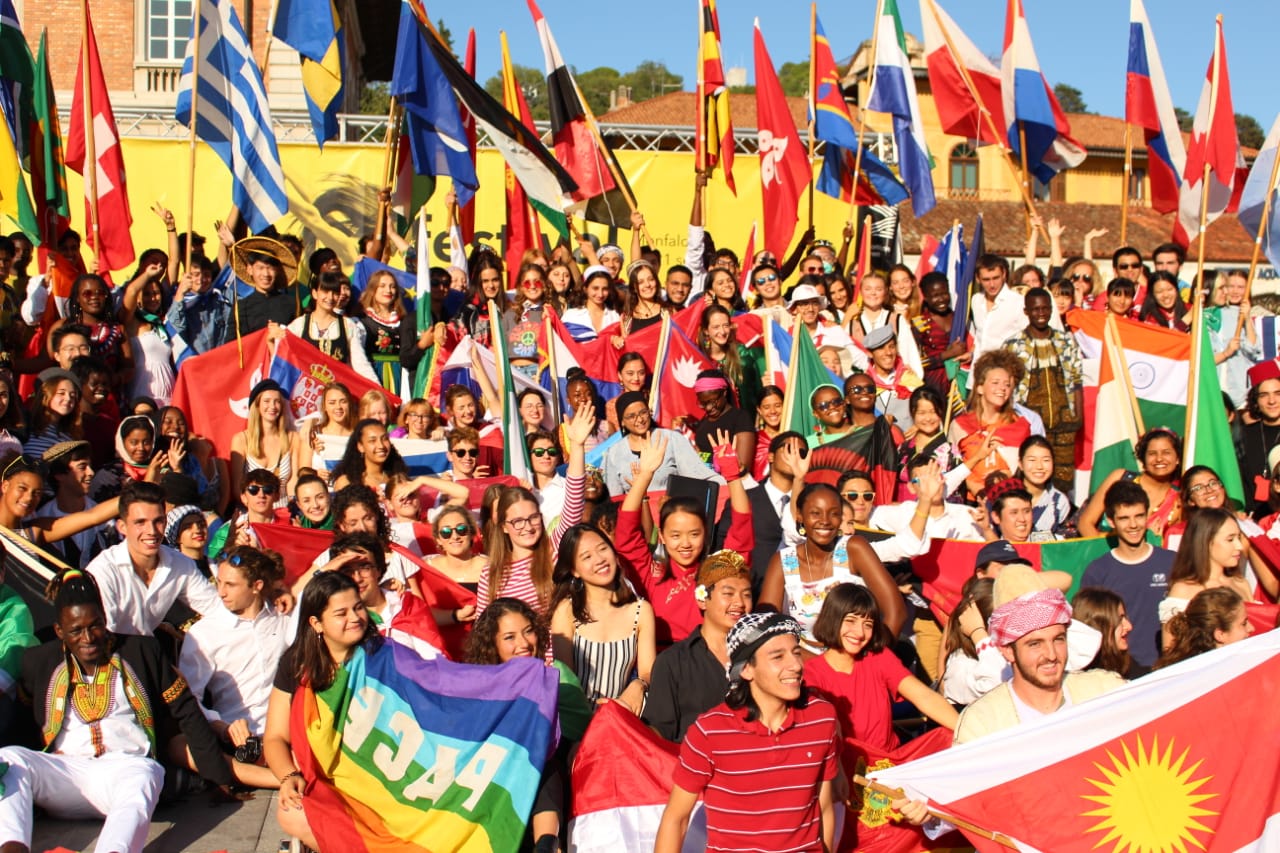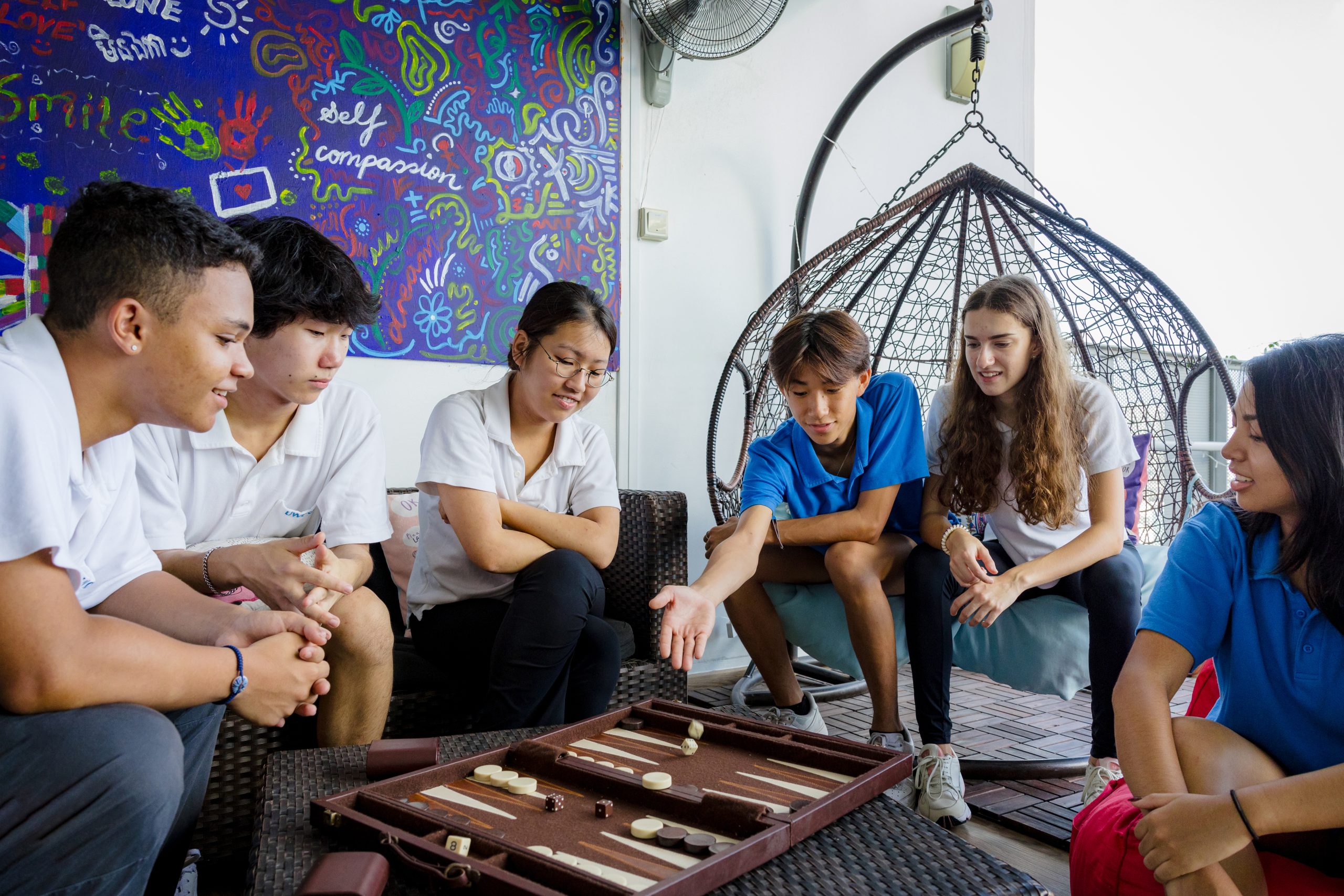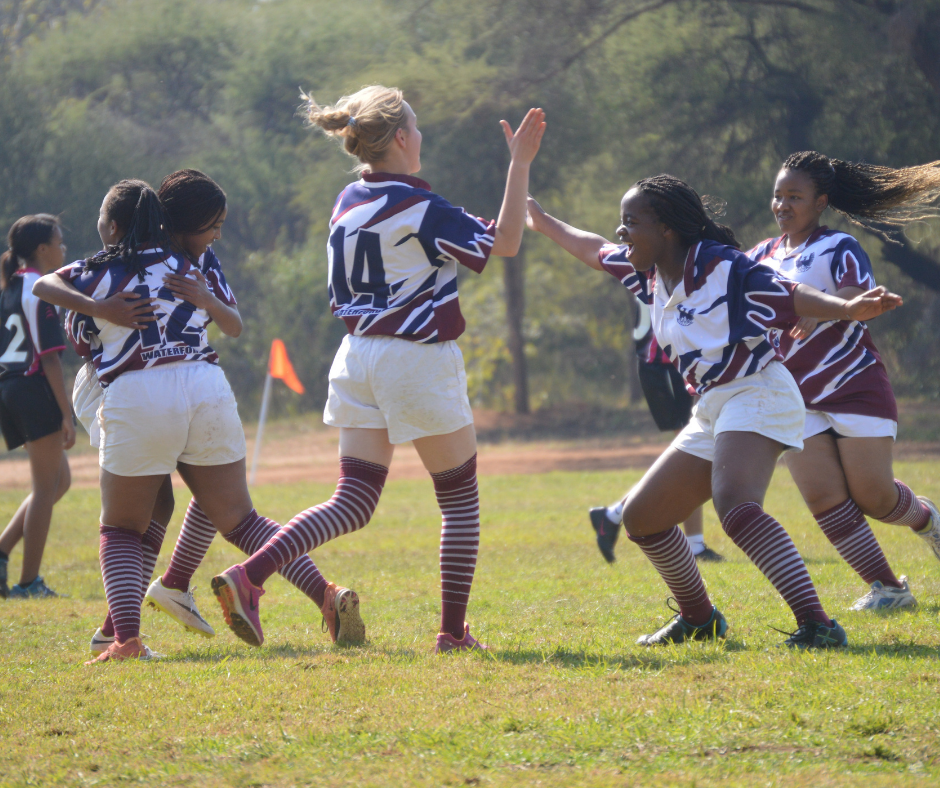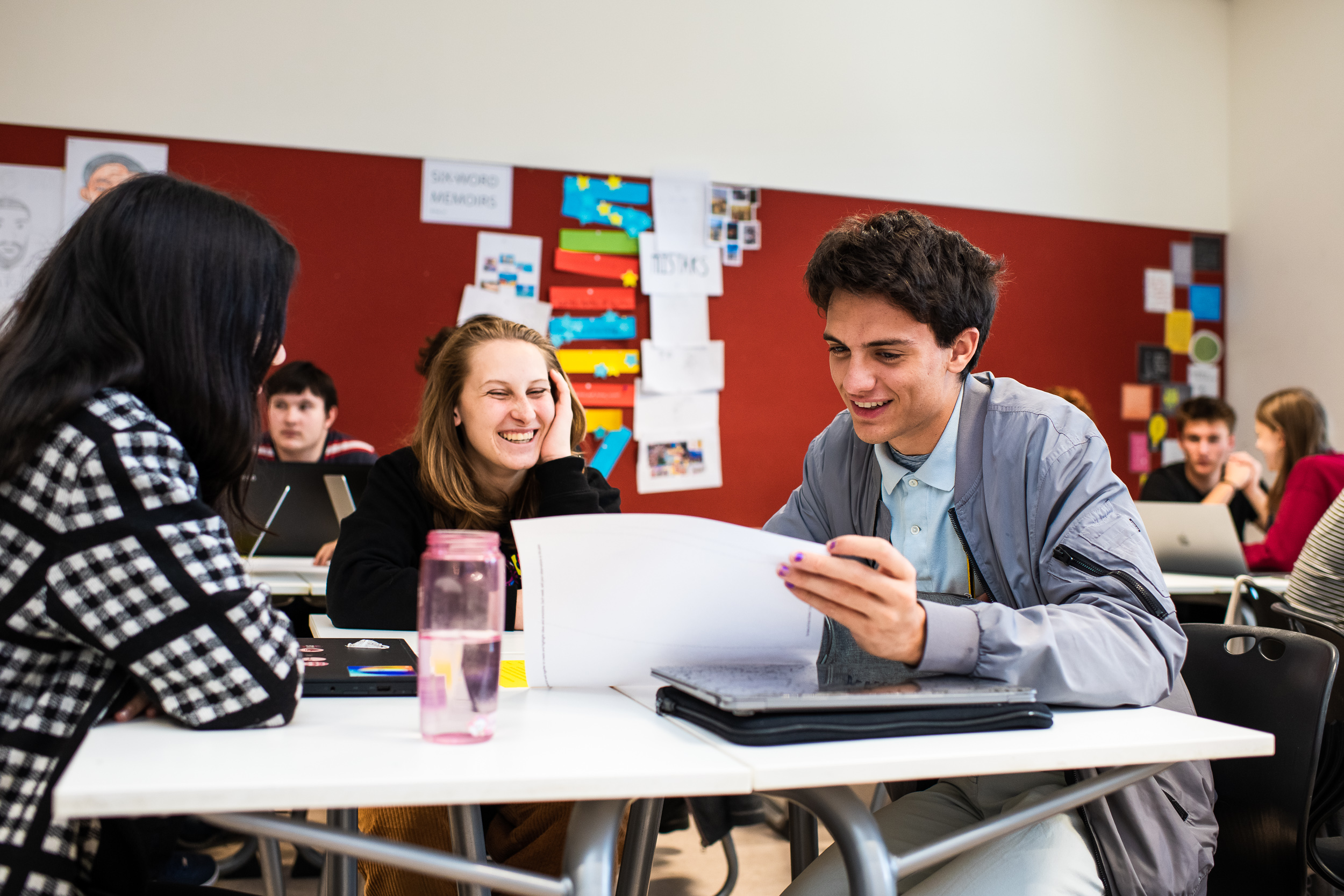
What does it feel like to wake up every day surrounded by ideas, cultures and friends from every corner of the globe?
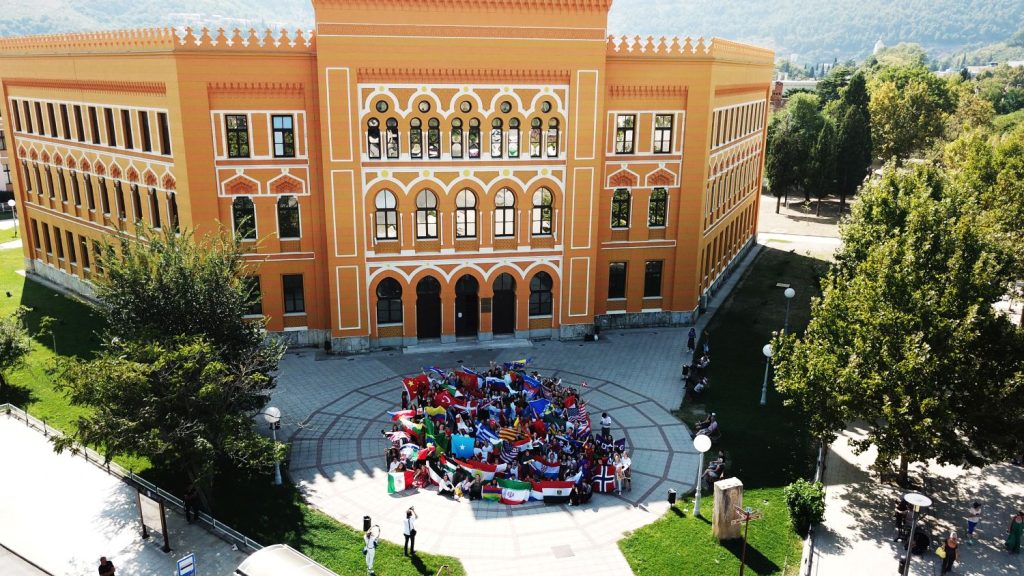
Life at UWC is a world of new experiences and possibilities. From the moment you step onto campus, you become part of a community that will challenge you, lift you up, and open your eyes to what’s possible.
Academically, you are going to study a very challenging curriculum with the International Baccalaureate Diploma Program (IBDP), or choose an equally rigorous alternative pathway at some of our schools in collaboration with the IB.
However, a UWC education goes far beyond books and exams – it’s about the people you meet and the ideas you bring to life together.
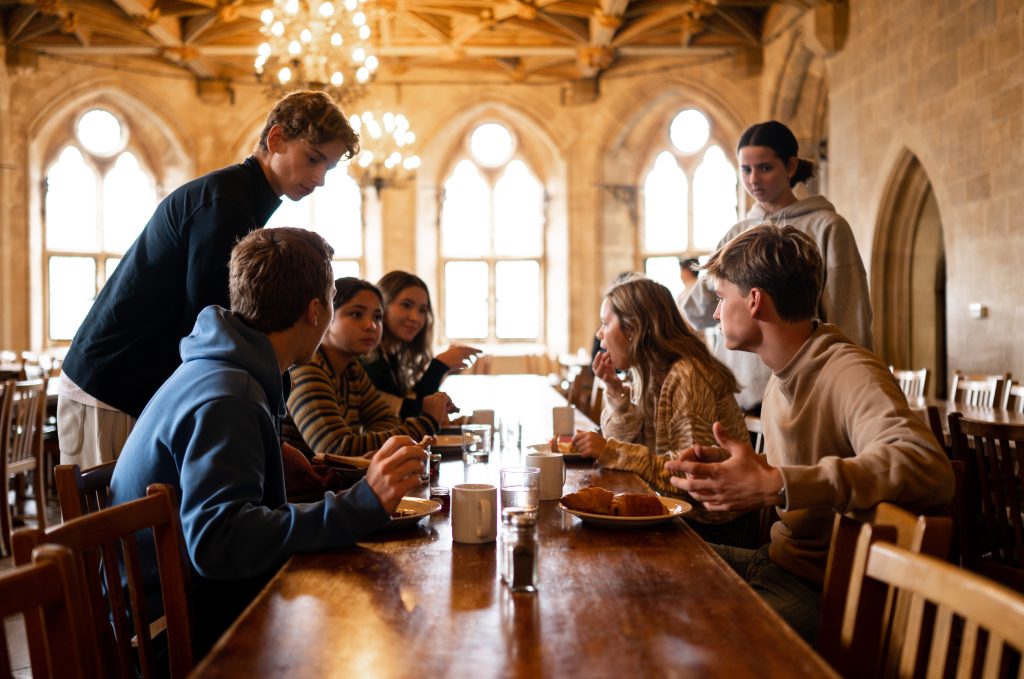
You’ll live and learn alongside students from every continent, culture and background.
You’ll work on projects that create real change in surrounding communities. You’ll explore creative and physical activities – from pottery to skiing, photography to mountain hiking – and push yourself past your comfort zone. You’ll launch initiatives with friends that shape you into a changemaker and an inclusive leader.
Living together means learning to see the world through new eyes. You’ll share residences, classrooms, meals – and daily life – with people who become like family.
Your teachers and staff will be a part of this community too.
They’ll be there to guide you, inspire you and join you in activities that stretch far beyond the classroom. Imagine harvesting vegetables with the kitchen staff, planning a wilderness trip with your biology teacher or debating global politics over dinner. These moments build trust, friendships and memories you’ll carry forever.
At UWC, you won’t just discover what you’re capable of. You’ll help others discover what they’re capable of too.
So – what will you do with your time at UWC?

